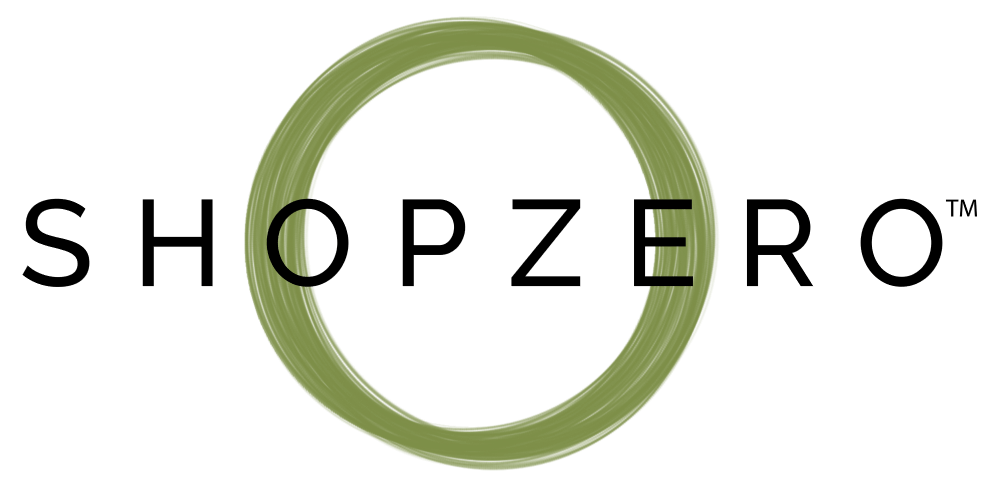
Together with the Future Kids Club and other ambassadors to the zero waste movement, Shop Zero™ co-hosted the International Coastal Clean-up Day on 19 September at Strand Beach.
This global event formed part of the Clean Up & Recycle SA week. The coastal clean-up day began 30 years ago when communities rallied with the common goal of collecting and tracking coastline litter. Today, more than 100 countries participate, and it’s the world’s biggest volunteer effort for ocean health. South Africa has participated for the past 24 years, and this is the 3rd year Shop Zero has been actively involved. Collectively, our volunteers removed more than 827 kg of waste from the beach on Saturday!

It’s not just about coastal clean ups
The coastal clean-up is much more than simply creating awareness and clearing plastic waste and litter from the beach. It’s tracked using the Marine Debris Tracker, which allows users to record their findings and note the 12 most common items. AKA ‘the Dirty Dozen.’ By tracking the amounts of litter at sea, we can tell if specific measures are working or not. It’s incredibly time-consuming to track all litter, so the Dirty Dozen focuses on the primary types of litter picked up during coastal clean-ups.

Introducing the marine menaces
So, what are these marine menaces scourging our coastlines? The 12 common critters are cool drink bottles, water bottles, cool drink lids, carrier bags, chip packets, and sweet wrappers. Along with straws, earbuds, lolly pop sticks, cigarette lighters, fishing line and light sticks. To date, from 100 clean-ups, we’ve tracked tens of thousands of each of these items.

It can be overwhelming when faced with such a behemoth issue! Our daily goal is to create awareness and find eco-friendly alternatives, particularly for single-use plastic items. At our core, that’s who we are and what we’re fighting for.
If you’re reading this, it likely means you’re already taking steps to reduce your plastic waste footprint. Or maybe you’re just getting started on your journey. Either way, we are SO happy to have you here.
Our online store has a wide range of ethically sourced zero waste products. These include plastic-free alternatives to other ocean nasties such as single use coffee cups, straws, toothbrushes, dental floss, and cotton buds. All of which are also picked up regularly during our coastal clean-ups.
Ready to start making the switch? Take a browse through our range of re-usable cups and coffee cups, re-usable straws and cutlery, and plastic free toothbrushes, toothpaste and dental floss. And of course, we also stock organic cotton earbuds with recycled paper stems.
See you at the next coastal clean-up!















